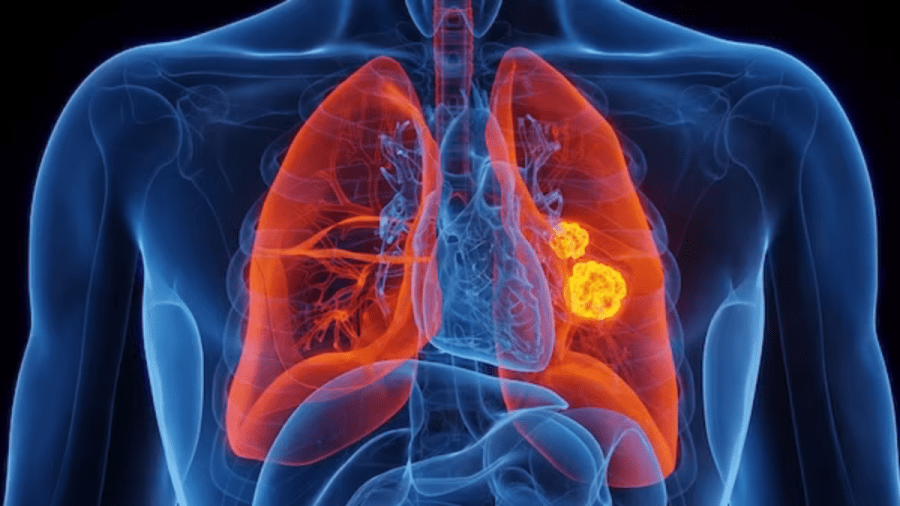UPDATE: Arkansas has been ranked 47th out of 51 states for new lung cancer cases according to a new report released by the American Lung Association on October 17, 2023. This alarming statistic highlights the urgent need for increased awareness and action in lung cancer prevention and treatment across the state.
The report, titled “State of Lung Cancer,” reveals that Arkansas sees 68.2 new cases per 100,000 people, significantly higher than the national average of 52.8 cases per 100,000. With only 16.6% of high-risk individuals screened for lung cancer, the state falls short of the national screening rate of 18.2%.
According to the report, high-risk individuals are defined as those aged 50 to 80 with a significant smoking history—such as one pack a day for 20 years or two packs a day for 10 years. “Screening for lung cancer with annual low-dose CT scans among those at high risk can reduce the lung cancer death rate by up to 20% by detecting the disease at early stages when it is more likely to be curable,” the report states.
The data available for Arkansas is limited, focusing primarily on new case rates and screening statistics. Critically, the state is among 12 states lacking survival data due to inadequate tracking of cancer diagnoses.
“While we have seen incredible progress over the last decade in lung cancer survival and early detection rates, early detection and survival rates remain far too low in our state,” said Laura Turner, Director of Advocacy for the American Lung Association. “Working to increase awareness and access to lung cancer screening and biomarker testing is critical to saving lives.”
The report’s findings are based on the most recent data from 2022, which indicates an urgent need for improvement in lung cancer management and resources in Arkansas. As officials call for action, community members and healthcare providers are urged to prioritize lung cancer screenings and education to combat these troubling statistics.
Residents of Arkansas, especially those who fit the high-risk profile, should consult healthcare professionals about screening options. As the data highlights, early detection can be lifesaving, and increasing local awareness is essential to reducing the impact of lung cancer in the state.
Stay tuned as we follow this developing story and the efforts to improve lung cancer outcomes in Arkansas.







